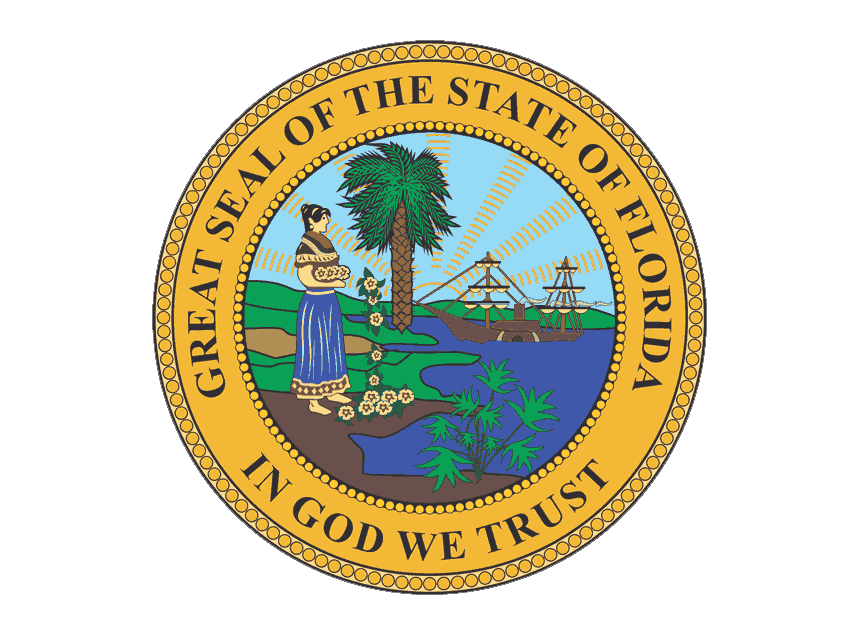
Socure’s Identity Verification Platform Part of Nation-Leading Homeowner Assistance Fund Program in Florida
Florida agency chooses Socure to remove significant friction in applicant onboarding and sees improvement in auto-approvals. Shuts the door on fraudsters while
enabling swift disbursement of funds to eligible Floridians.

$1 trillion
Generated in gross state product
100%
Applicants processed using the Socure platform
95%
Applicants onboarded through auto-approval in less than one second
<1%
Auto-decline rate for DEO applicants
Challenges
- Onboarding friction
- Application abandonment
- High manual review rates
- Lack of dynamic threat mitigation
Solutions
- Sigma Identity Fraud
- Sigma Synthetic Fraud
- Socure KYC
- Global Watchlist
- Phone RiskScore
- Email RiskScore
- Address RiskScore
- Predictive DocV with
Liveness
Key Results
- Ability to automatically determine good from fraudulent applicants in less than one second for 95%+ of total applicants
- Increased auto-acceptance rates
- Eliminated need for manual reviews by DEO on information screened by Socure
- Increased accuracy in validating identity with less than 1% decline rates
- Reduced fraud through dynamic decisioning criteria
- Scalable onboarding process that includes a fully automated step-up document verification
Let us prove it.
Join the 2,800+ top enterprises that trust Socure. Speak with one of our identity verification and fraud experts today.
